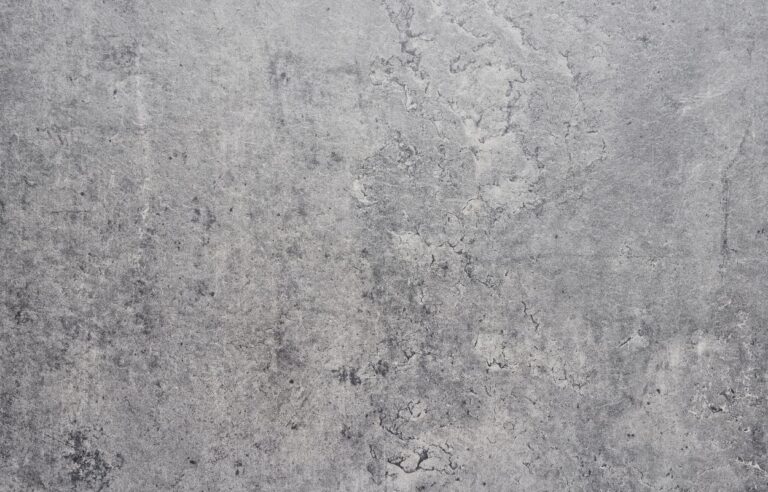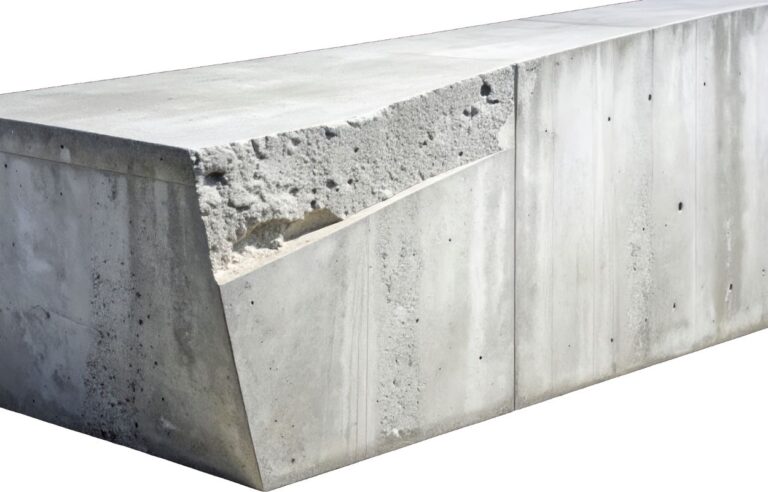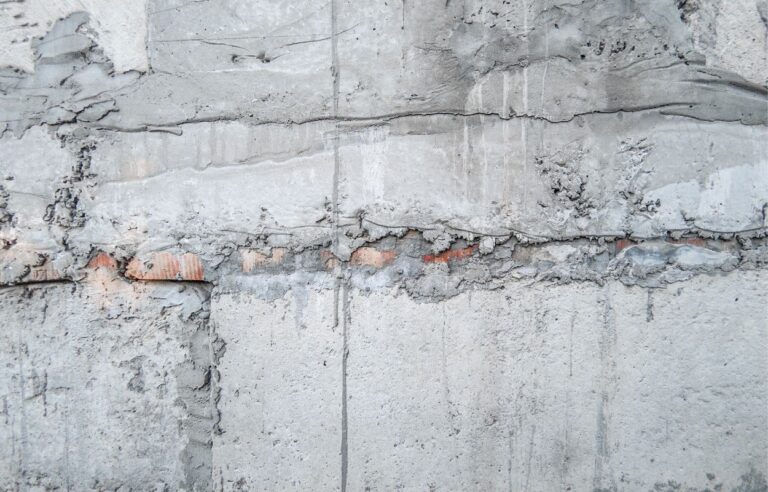When most people picture a deconstruction or demolition site, they imagine piles of broken drywall, concrete chunks, and twisted metal. What they don’t usually think about are the smaller items that often get tossed out without a second thought—things like plumbing fixtures, pipes, and hookup lines. But those overlooked pieces can actually have a second life if handled properly.
For companies offering deconstruction services in Parksville, salvaging materials like toilet and dishwasher hookup lines is an easy yet meaningful way to reduce waste and give back to the community. Instead of throwing these perfectly usable items into the landfill, they can be cleaned, tested, and donated to local organizations such as Habitat for Humanity, where they’ll be used to help families build affordable homes.
WHY SMALL SALVAGE ITEMS MATTER
It’s easy to focus on big-ticket materials like lumber, steel, and concrete when talking about recycling and reuse. But smaller components like plumbing hookup lines also have real value. These lines are typically made of durable materials like copper or braided stainless steel, and they’re designed to last for years.
When a building is being dismantled, these parts often remain in good condition. With a little care during removal, they can be salvaged for reuse rather than sent to the dump. It might seem like a small gesture, but over the course of multiple projects, saving these items can make a big difference in reducing waste and supporting sustainability.
THE PROBLEM WITH THROWING EVERYTHING AWAY
On many traditional demolition sites, time is money. Crews often move fast, focusing on clearing the space rather than separating reusable materials. As a result, items like toilet and dishwasher hookup lines, faucets, and valves get discarded along with debris.
This throwaway approach might seem efficient in the short term, but it contributes to massive amounts of unnecessary waste. Perfectly good materials that could be reused end up in the landfill, while new ones have to be manufactured and shipped to replace them. That cycle uses up resources, increases costs, and harms the environment.
For contractors offering deconstruction services in Parksville, taking a few extra minutes to salvage items like hookup lines is a small step that pays off in a big way.
HOW DECONSTRUCTION DIFFERS FROM DEMOLITION
Deconstruction takes a completely different approach to building removal. Instead of tearing everything down quickly, crews carefully dismantle structures piece by piece. This allows them to identify which materials can be reused, recycled, or repurposed.
When done correctly, this process helps maximize material recovery and minimize waste. It’s not just about saving big items like windows, doors, or flooring—it’s also about capturing smaller components like plumbing fixtures, electrical wiring, and appliance connections.
By focusing on careful removal rather than destruction, deconstruction teams make it possible for nearly every part of a structure to find a second use somewhere else.
SALVAGING HOOKUP LINES SAFELY
When salvaging hookup lines for toilets and dishwashers, safety and cleanliness are key. The process starts by turning off all water lines and ensuring the system is properly drained. Once it’s safe to proceed, crews carefully disconnect the lines from fixtures and appliances, inspecting them for wear or corrosion.
If the lines are in good condition, they’re cleaned and set aside for donation or reuse. Even slightly worn lines can sometimes be refurbished, depending on their material and condition.
The main goal is to ensure that nothing reusable goes to waste. By following proper removal procedures, crews can prevent damage and make sure the items remain safe and functional for their next use.
DONATING TO HABITAT FOR HUMANITY AND SIMILAR ORGANIZATIONS
One of the best ways to make sure salvaged materials are put to good use is by donating them. Organizations like Habitat for Humanity accept gently used building materials, fixtures, and appliances—including plumbing hookup lines. These donations are sold in Habitat ReStores or used directly in affordable housing projects.
What would otherwise end up as landfill waste can instead become a valuable resource for someone else. It’s a win-win situation: contractors reduce disposal costs and environmental impact, while community organizations gain access to affordable building materials.
For deconstruction services in Parksville, partnering with groups like Habitat for Humanity strengthens the connection between construction and community. It turns what might seem like trash into tangible help for local families.
ENVIRONMENTAL AND ECONOMIC BENEFITS
Reusing materials isn’t just good for the environment—it’s good for business too. Salvaging and donating small items like hookup lines helps reduce the cost of waste disposal and can even provide tax benefits through charitable contributions.
Environmentally, the benefits are significant. Manufacturing new plumbing components requires energy, water, and raw materials, all of which contribute to greenhouse gas emissions. Reusing existing parts keeps those resources in circulation and reduces the need for new production.
By embracing deconstruction practices, companies in Parksville can play a part in promoting sustainability while still maintaining high efficiency and profitability.
CHANGING THE WAY WE THINK ABOUT “WASTE”
The concept of waste is changing. More and more, the construction industry is realizing that what’s considered “junk” often has value. Hookup lines, fixtures, and even old appliances can be reused, repurposed, or recycled if handled with care.
Contractors providing deconstruction services in Parksville are leading this shift by prioritizing material recovery. They’re showing that sustainability isn’t just about big gestures—it’s about small, consistent actions that add up over time. Every salvaged item helps reduce environmental impact and supports a culture of reuse.
FINAL THOUGHTS
Salvaging hookup lines for toilets and dishwashers might seem like a small detail on a busy deconstruction site, but it represents a much larger idea—one of sustainability, community, and responsibility.
Instead of throwing away perfectly good materials, thoughtful crews can take the time to remove and donate them. Organizations like Habitat for Humanity ensure these items get a new purpose, helping others while reducing waste.
For companies offering deconstruction services in Parksville, these efforts make a real difference. They help build a more sustainable construction industry—one where every piece, big or small, finds a way to be useful again.
Because at the end of the day, responsible deconstruction isn’t just about tearing things down—it’s about giving materials, and communities, a chance to rebuild.
